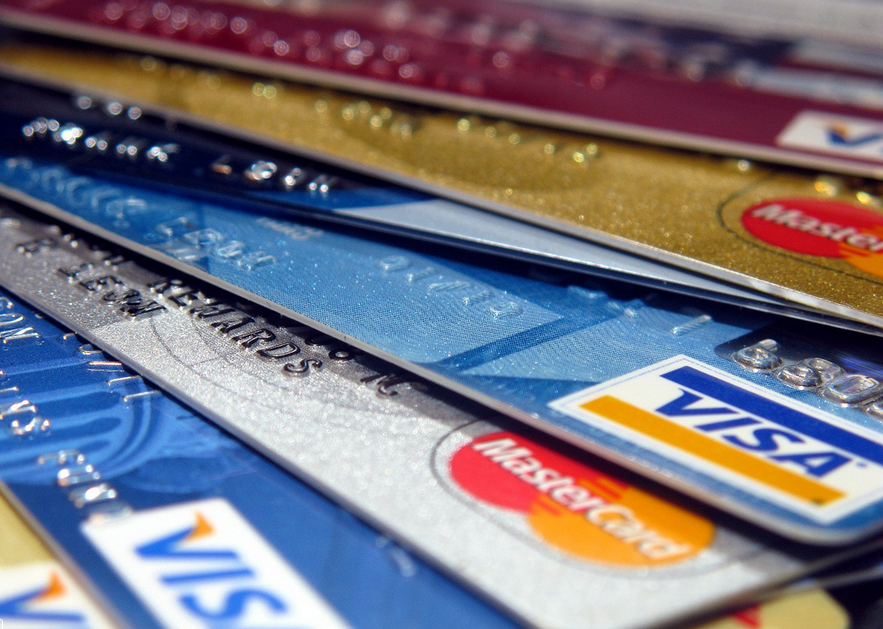Banks Are Cashing In With Brand-Name Prepaid Debit Cards
Every prepaid debit card is required to be backed by a bank. The banks act as a conduit to route transactions and hold deposits in exchange for fee income. And business is booming for these banks, thanks to an exemption on capping fees for prepaid cards in Dodd-Frank, the Washington Post reports.
Prepaid products cover a spectrum of uses including for general purchases, payroll, and government tax refunds, allowing banks plenty of opportunity to cash in.
Banks sponsoring prepaid cards make money from deposits, fees incurred by customers using the card and the fees merchants pay when people purchase goods using the cards. With more than $99.2 billion in prepaid transactions taking place in 2012, banks aren’t exactly hurting.
Becoming a prepaid card sponsor isn’t easy, though. Banks are required to comply with federal and state regulatory guidelines and must be able to provide a large investment to manage the programs.
Officials with Bancorp Bank, the bank sponsoring T-Mobile’s new prepaid card, said the goal for banks getting into the prepaid card sponsoring business is to balance their portfolios.
But with an increase in prepaid card use, federal regulators are paying attention, especially to fees tied to benefit and payroll cards.
Many banks, including JPMorgan Chase, have planned to stop issuing prepaid cards for corporations and the government after a probe into the fees workers incurred when using the cards, the Post reports.
Banks aren’t just sponsoring prepaid cards for retailers, many offer their own cards. So how much are banks making off their own cards? That’s not so cut and dry, since most banks don’t break down the revenue in their earnings.
Since prepaid cards don’t seem to be going away anytime soon, at least take a look at Consumer Reports’ ranking of the best. And remember to look for all those hidden fees.
Rise in prepaid debit cards entices banks to sponsor them [The Washington Post]
Want more consumer news? Visit our parent organization, Consumer Reports, for the latest on scams, recalls, and other consumer issues.


